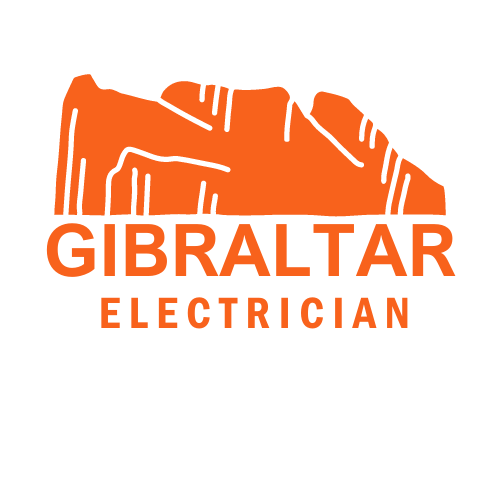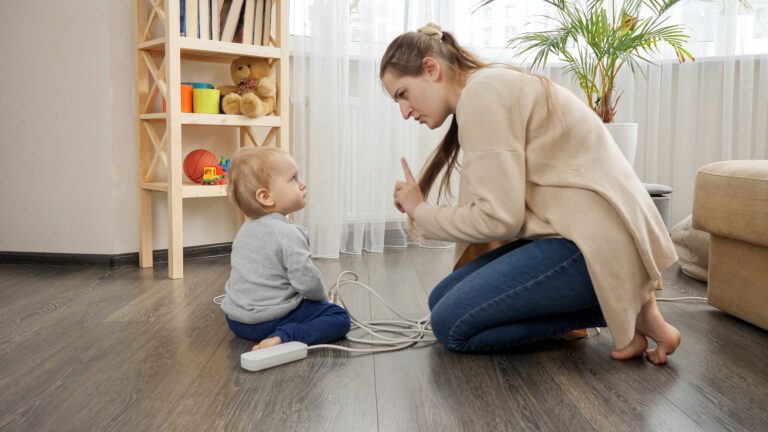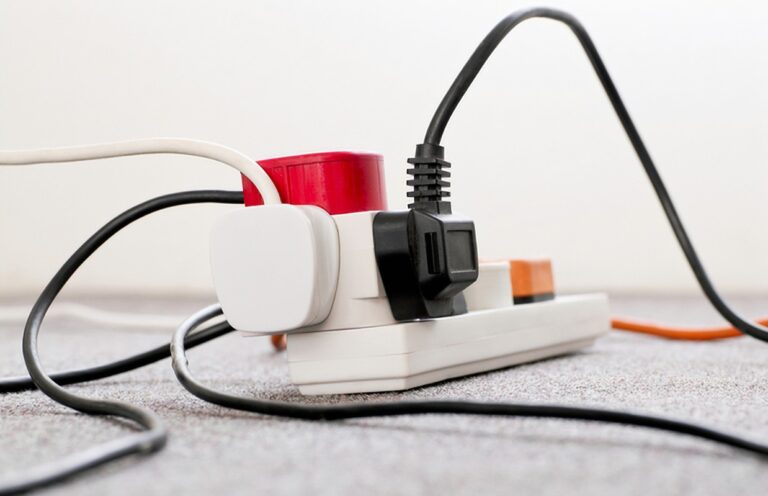Welcome to the Landlord’s Guide to Electrical Safety! As a responsible landlord, ensuring the safety of your tenants and rental property is of utmost importance. Electrical safety plays a critical role in maintaining a secure living environment. In this comprehensive guide, we’ll walk you through essential steps for upholding electrical safety standards in your rental property. You’ll gain valuable insights, from understanding regulations to conducting inspections, addressing maintenance, and educating tenants, to confidently navigate the world of electrical safety. Let’s dive in and make electrical safety a top priority for your rental property.
Understanding Electrical Regulations and Legal Requirements
To begin, it’s crucial to familiarise yourself with the electrical safety regulations and legal obligations that landlords must follow. These regulations emphasise the necessity of periodic electrical inspections and ensuring tenants have safe electrical installations and appliances.
Conducting Periodic Electrical Inspections
One of the fundamental aspects of electrical safety is conducting regular inspections of your rental property’s electrical installations. An Electrical Installation Condition Report (EICR) must be carried out by a qualified electrician who is separately qualified to carry out testing to assess the safety and performance of the electrical system. This report identifies any potential hazards, faults, or areas requiring maintenance or repair, ensuring the electrical system meets the required safety standards.
A new EICR must be carried out at the beginning of every new tenancy.
Addressing Maintenance and Repairs
Proactive maintenance and timely repairs are crucial for maintaining electrical safety in your rental property. Regularly inspecting the electrical system, including switches, sockets, and wiring, can help identify signs of wear and tear or potential issues. Promptly addressing electrical faults or deficiencies ensures the safety and well-being of your tenants and helps prevent more significant problems from arising.
Tenant Education and Communication
Educating your tenants about electrical safety practices is vital for creating a safe living environment. Provide clear instructions on the proper use of electrical appliances, the importance of not overloading circuits, and the safe handling of sockets. Encourage tenants to report any electrical concerns or issues promptly. Open and effective communication with your tenants will promote awareness and collaboration in maintaining electrical safety.
Portable Appliance Testing (PAT)
Portable Appliance Testing (PAT) is a crucial aspect of electrical safety in rental properties. It involves the examination and testing of electrical appliances provided within the property, ensuring they are safe for use. PAT testing should be conducted by a qualified professional at regular intervals to verify the electrical safety of appliances and minimize potential risks.
Fire Safety Measures
Fire safety is a paramount concern in rental properties. Ensuring the presence and proper functioning of smoke alarms, carbon monoxide detectors, and fire extinguishers is essential. Regularly testing and maintaining these devices ensures they remain in optimal working condition, providing early warnings in emergencies.
By prioritising electrical safety in your rental property, you create a secure and comfortable living environment for your tenants. Understanding and adhering to electrical safety regulations, conducting periodic inspections, addressing maintenance needs, educating tenants, and implementing fire safety measures are essential steps for ensuring electrical safety. Contact Gibraltar Electrician, stay up to date with regulations, and foster a positive landlord-tenant relationship based on trust and responsibility. Investing in electrical safety not only protects your tenants and property but also helps you build a reputation as a responsible and caring landlord.











